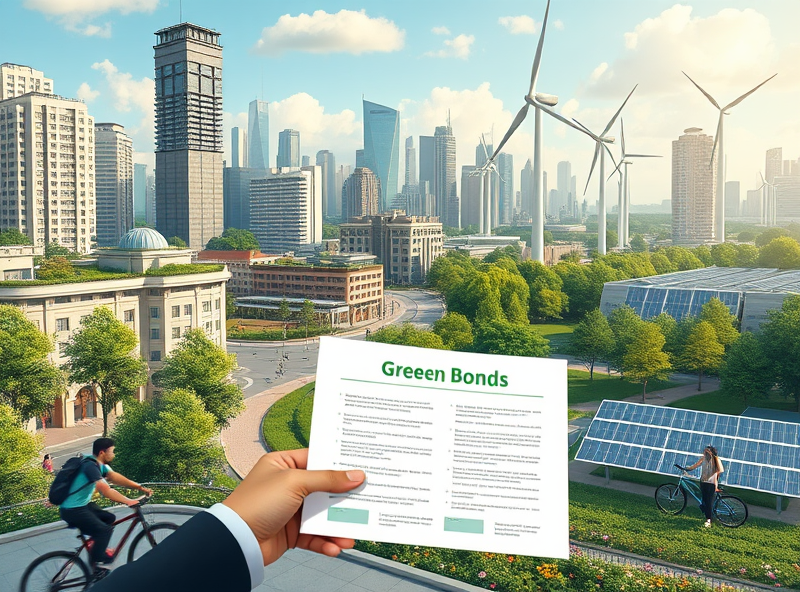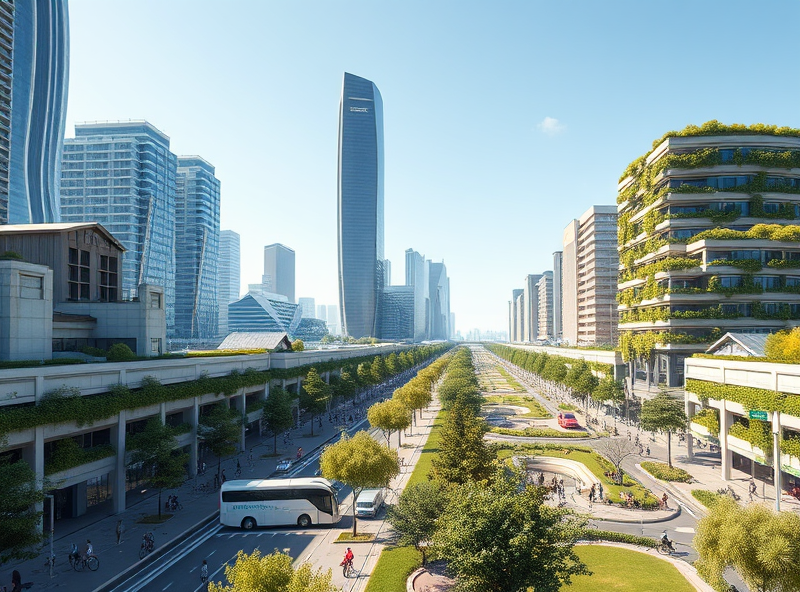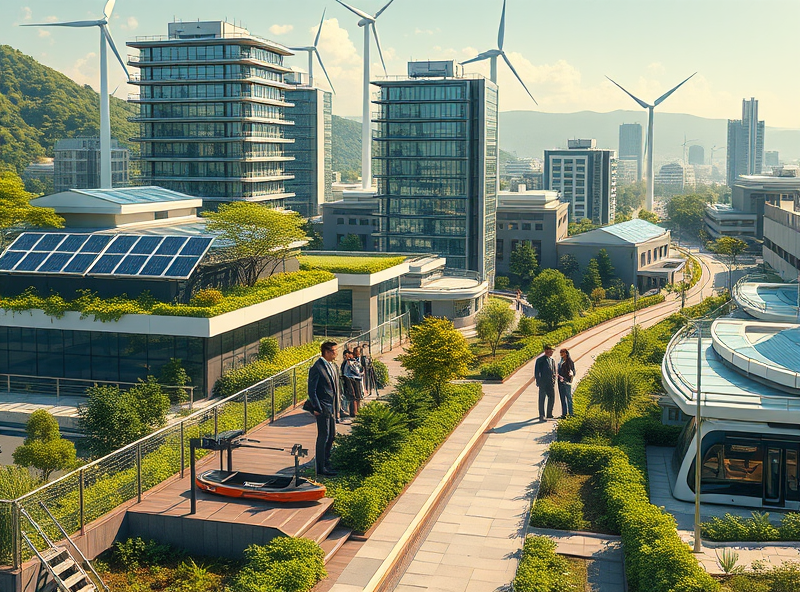Renewable Energy Advancements

Renewable energy is transforming the way we power our world, offering cleaner and more sustainable alternatives to traditional fossil fuels. Over the past decade, significant advancements in renewable energy technologies have made them more efficient, accessible, and affordable. Solar power, for instance, has seen dramatic improvements in panel efficiency and storage solutions, allowing households and businesses to harness the sun’s energy even during cloudy days or at night. Wind energy has also made strides with larger, more efficient turbines capable of generating power even in low-wind conditions. Furthermore, innovations in energy storage, such as lithium-ion and solid-state batteries, are addressing the challenge of intermittency, ensuring a steady and reliable energy supply. Governments and private sectors are investing heavily in these technologies, recognizing their potential to reduce carbon emissions and combat climate change. By adopting renewable energy solutions, individuals and communities can lower their energy costs, reduce their environmental footprint, and contribute to a more sustainable future.
Promoting Circular Economies

In today’s world, where resources are becoming increasingly scarce, promoting circular economies is a vital strategy for sustainable growth. A circular economy focuses on reducing waste, reusing materials, and recycling products to extend their lifecycle. This approach not only minimizes environmental impact but also creates economic opportunities by fostering innovation and reducing dependency on raw materials. Businesses can benefit by adopting circular practices such as designing products for durability, repairability, and recyclability. Consumers, too, play a crucial role by supporting brands that prioritize sustainability and by making conscious choices to reduce waste. Together, we can create a system where resources are used efficiently, benefiting both the planet and the economy. By embracing circular economies, we take a significant step toward combating climate change and ensuring a sustainable future for generations to come.
Green Finance Initiatives

Green finance initiatives are a cornerstone in the fight against climate change and a pathway to sustainable growth. These initiatives focus on directing financial resources toward environmentally friendly projects, such as renewable energy, sustainable agriculture, and green infrastructure. By investing in green bonds, companies and governments can fund projects that reduce carbon emissions and promote eco-friendly practices. Additionally, green finance encourages businesses to adopt sustainable practices by offering financial incentives, such as lower interest rates for eco-conscious projects. For individuals, participating in green finance can mean choosing sustainable investment funds or supporting banks that prioritize environmental projects. Ultimately, green finance not only helps combat climate change but also fosters long-term economic growth by creating jobs in emerging green industries. It’s a win-win for both the planet and the economy!
Building Sustainable Cities

Creating sustainable cities is a vital step toward combating climate change and ensuring a better future for generations to come. A sustainable city is one that prioritizes eco-friendly infrastructure, renewable energy sources, efficient public transportation, and green spaces, all while minimizing its carbon footprint. By integrating smart technologies and urban planning, cities can become more livable and resilient. For example, cities like Copenhagen and Singapore have successfully implemented bike-friendly streets, vertical gardens, and energy-efficient buildings to reduce environmental impact. These initiatives not only benefit the planet but also improve the quality of life for residents by reducing pollution and fostering a sense of community. Governments, businesses, and individuals all play a crucial role in this transformation. Supporting policies that encourage green construction, investing in renewable energy, and adopting sustainable practices in daily life can collectively drive the shift toward greener urban environments.



